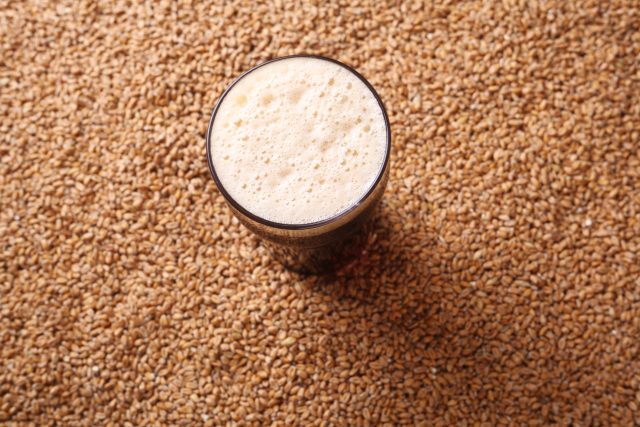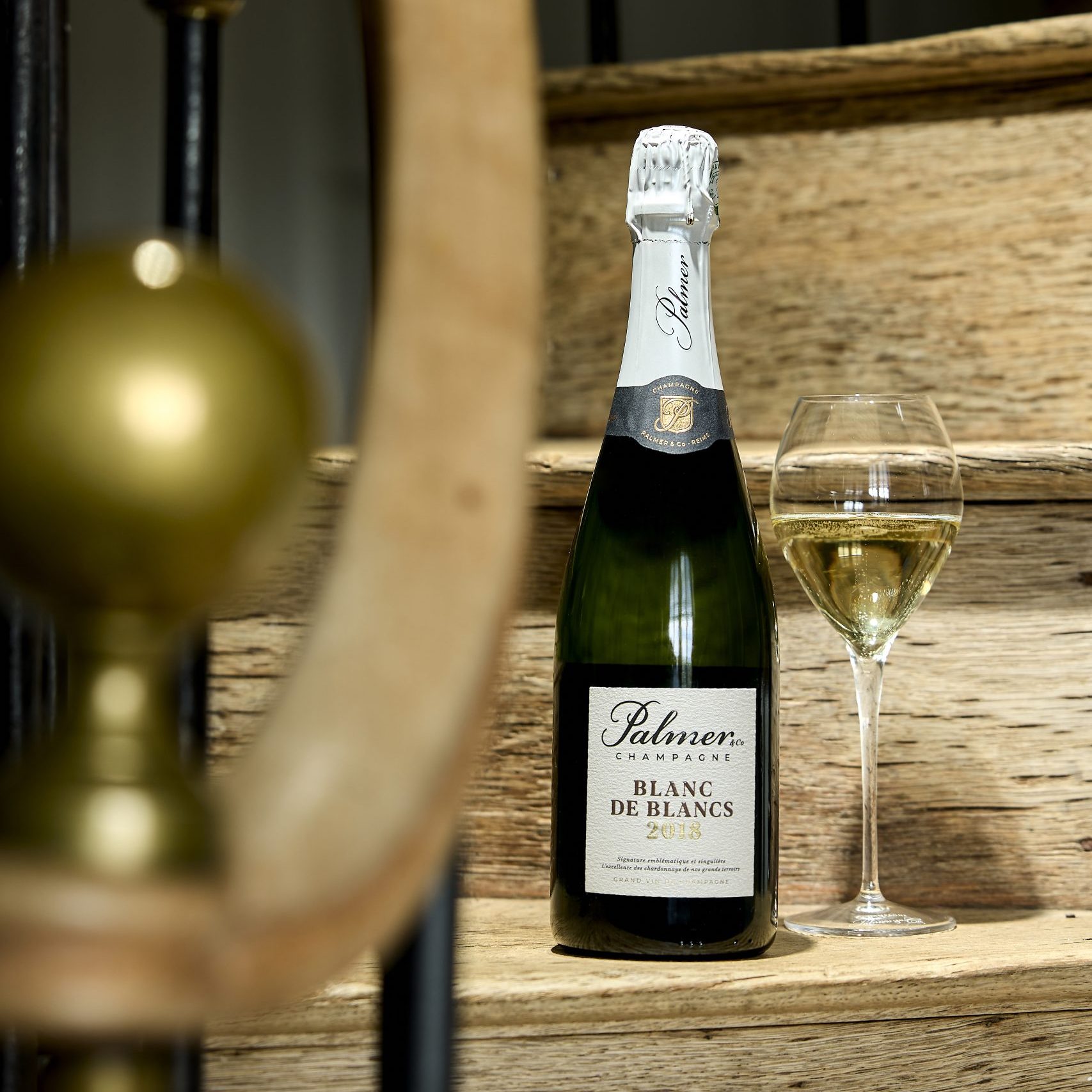How brewers can become more sustainable
Craft brewers can reduce carbon emissions by being more selective about their choice of malt barley. db finds out more.

According to the Suffolk-based malt producer Muntons, malted grains account for around nearly a quarter of CO2 emissions per litre of beer and yet its latest product “Climate Positive Malt” can lower this amount considerably so that brewers can reach their individual sustainability goals.
Highlighting the issues that led to the business forging forwards with new innovations, Muntons managing director Mark Tyldesley pointed out that: “malt, as a raw material, accounts for around 22% CO2 emissions of a litre of craft beer and the biggest proportion (59%) of the carbon footprint for traditional maltings comes from growing of barley”. This, he explained, was a challenge for maltsters, but hinted that the company has found a way around this.
Tyldesley explained: “Muntons’ Climate Positive Malt offers up to 30% lower CO2 emissions per tonne compared to UK malt average. This significant achievement comes from a combination of low-carbon maltings and sustainable barley farming practices, helping brewers meet rising consumer demand for more eco-conscious products and businesses.”
A business that has navigated around the same issue is Cool Cousin Brewing, which recently became the first commercial brewery in the US to make its beer entirely from unmalted barley in a bid to be environmentally-friendly and coined a new brewing process and category that has been termed as “raw beer”.
The brewery, based in New York, began saving water and carbon dioxide (CO2) with each brew by removing malting from the enture production process and instead started using raw (unmalted) barley to create its wort by adding an exogenous enzyme in the mash.
Describing the concept, Cool Cousin Brewing founder and CEO John Midgley said: “Malting is incredibly old school and inefficient. The brewing industry has made improvements to water and energy use, but malting hasn’t changed much over time.”
However, Muntons has turned this perspective on its head and showcasing ways in which the malting industry is now working with others to become more sustainable and grow in a more eco-conscious way by not sidestepping the historic process. Despite its heritage, for more than 20 years, Muntons has also embedded sustainability into every stage of its malt production, cutting on-site emissions by more than 60% and so has illustrated ways in which it is looking to the next generation of brewers.
Partner Content
Describing the business’s journey to becoming more eco-conscious, Tyldesley told db: “By championing regenerative agriculture methods such as cover cropping, low/no till farming, crop rotation, and reduced pesticide and fertiliser use, we’re partnering with farmers in enhancing soil health, sequestering carbon and boosting biodiversity – all while delivering a high-quality malt product.”
According to Muntons, the real sustainability progress comes primarily from collaboration and the company has now outlined how working closely with British farmers, brewers and industry partners has helped the 104-year-old business to build a more resilient and low-carbon supply chain.
Muntons has noted that its key objective has also been to ensure that malt continues to be of the highest quality, and is continually being improved to become more sustainable.
From across the sector, other businesses are looking at ways to strive towards more conscientious methods of brewing and have started to look at things from a sustainability standpoint.
For instance, beers brewed with 100% fonio grains instead of barley have also been created where the grain has thrived in West Africa for more than 5,000 years and is drought-resistant and so has many benefits. However, to date, fonio is still not a grain used widely in Britain and the British Beer and Pub Association (BBPA) has also previously said that it believes it is unlikely to something that features regularly in the future.
This means that looking closer to UK shores could be the way for most craft brewers to go and, as such, is a route that Muntons is backing not just to assist in helping its own business, but also to play a part in the future prosperity of Britain’s independent breweries.
Tyldesley reminded: “Sustainability isn’t a side project for us, it’s at the heart of everything we do. Our work with our partner farmers and regenerative agriculture is a game-changer, reducing malt’s carbon footprint while improving the land for future generations.”
Related news
Carlsberg Hong Kong expands no and low alcohol portfolio




